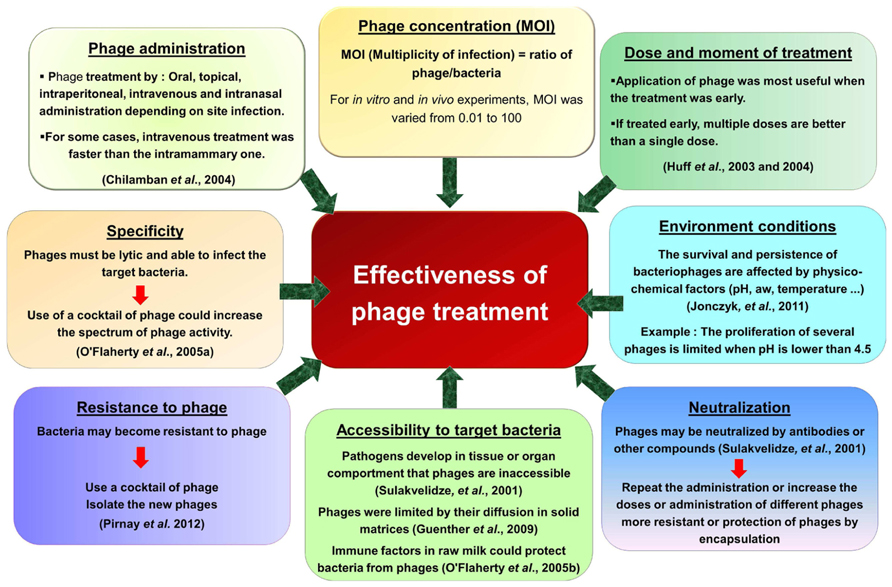Phage therapy has not been shown to be safe and effective for any condition or disease.
Phage therapy has been around for nearly a hundred years. There are many scientific reports of its efficacy in treating infections, but these reports are uniformly of low quality and do not meet modern standards for clinical evidence. The one exception is a 2009 Phase I/II study of chronic ear infections[1] . Although this study provided decent evidence of safety and efficacy, it was preliminary and not conclusive, and has not been followed up on.
There were literally thousands of reports on phage therapy published in the 1920’s when deaths from bacterial infections were ten times more common than today and few effective therapies existed. But by the 1930’s – before the introduction of penicillin – the medical world had largely given up on phage therapy[2] .
Why? Inconsistent results coupled with frequent adverse events. No doubt modern methods of development and manufacturing would overcome these obstacles. After all, the principle of phage therapy is sound. There are no insurmountable technical or clinical barriers to the development of phage therapy. But there just isn’t enough money in developing anti-infective therapies to make it worth the while of pharma companies to pursue them. This lack of financial incentive holds true for antibiotics as well as for phage therapy.

From The factors affecting effectiveness of treatment in phages therapy
So the field is left to respectable but erratic organizations like the Eliava Institute, or to hucksters selling supplements. If you are lucky, you will waste only your money on OTC phage therapy.
Footnotes
[1] A controlled clinical trial of a therapeutic bacteriophage preparation in chronic otitis due to antibiotic‐resistant Pseudomonas aeruginosa; a preliminary report of efficacy
[2] BACTERIOPHAGE THERAPY

1 thought on “Is OTC phage therapy safe and effective?”